Search

News & Events
A call to action: the second Lancet Commission on adolescent health and wellbeingThe health of the world’s 1.96 billion adolescents is at a critical tipping point.
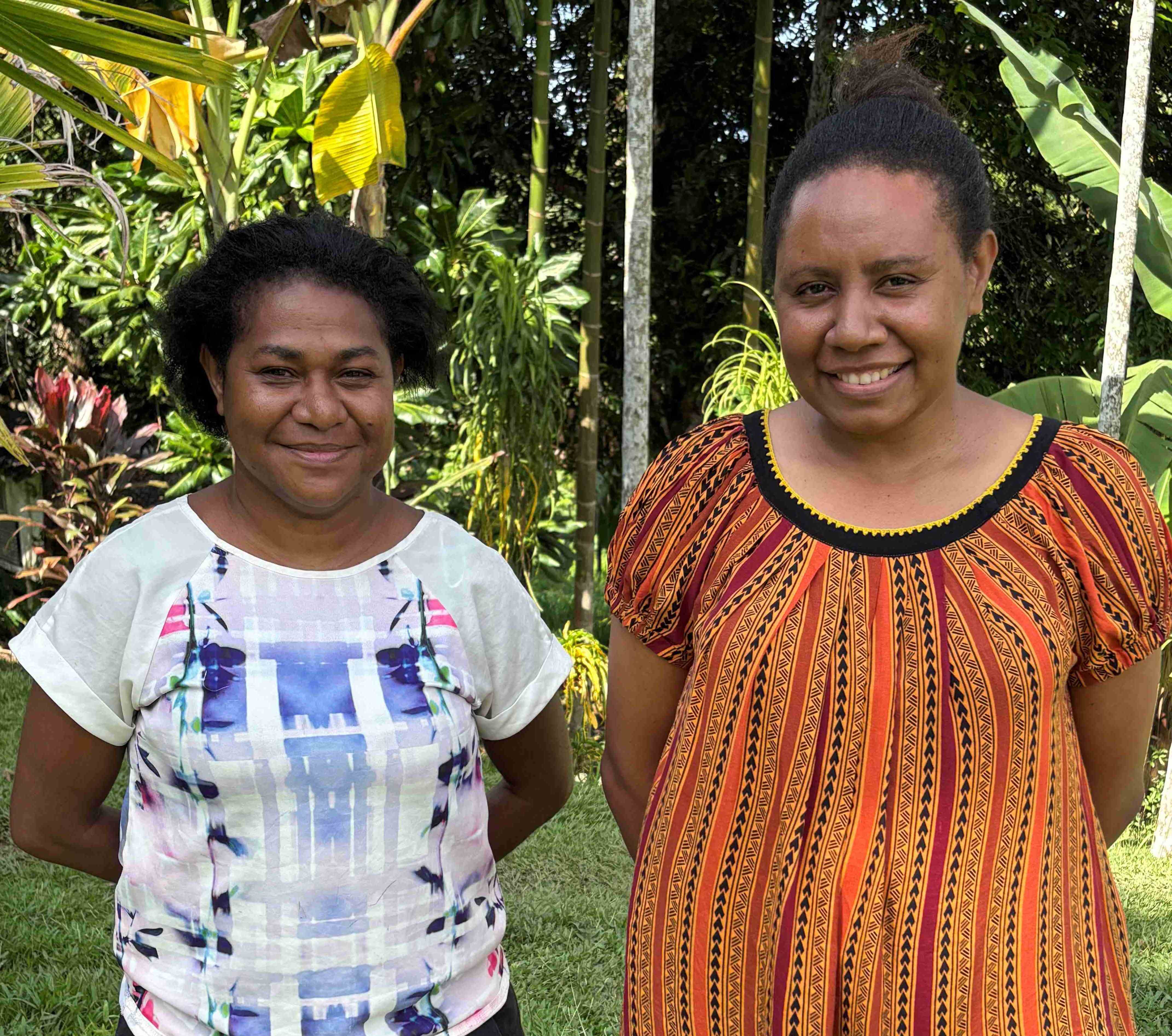
News & Events
Research award recipients making great progress in PNGTwo infectious disease researchers from Papua New Guinea (PNG) dedicated to reducing rates of childhood mortality in their home country are making significant advances thanks to support from the Deborah Lehmann Research Award (DLRA).
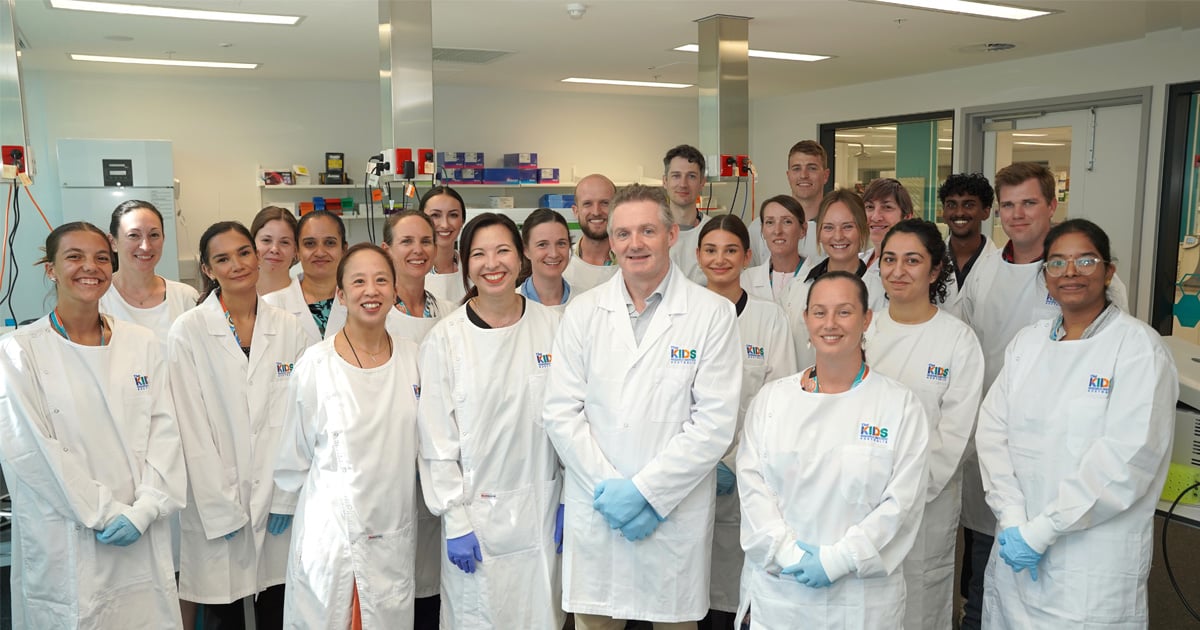
News & Events
Inside the lab: children’s brain tumour research in WAAt The Kids Research Institute Australia, our Brain Tumour Research team is leading the charge to change the story for children diagnosed with brain cancer by working on safer, more effective treatments.
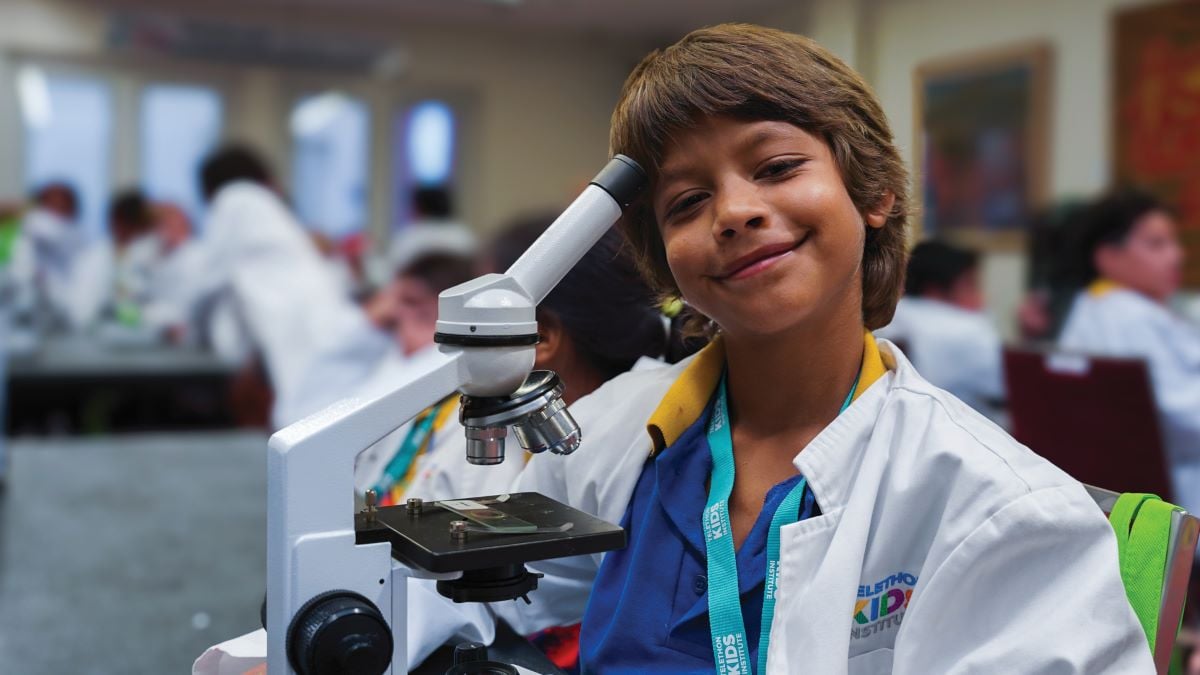
News & Events
The Kids STEM Festival returns for two days of free family fun in BroomeThe Kids Research Institute Australia will return to the Kimberley in May for the Broome STEM Festival, promising two fun-filled days of hands-on science activities for local families to experience.
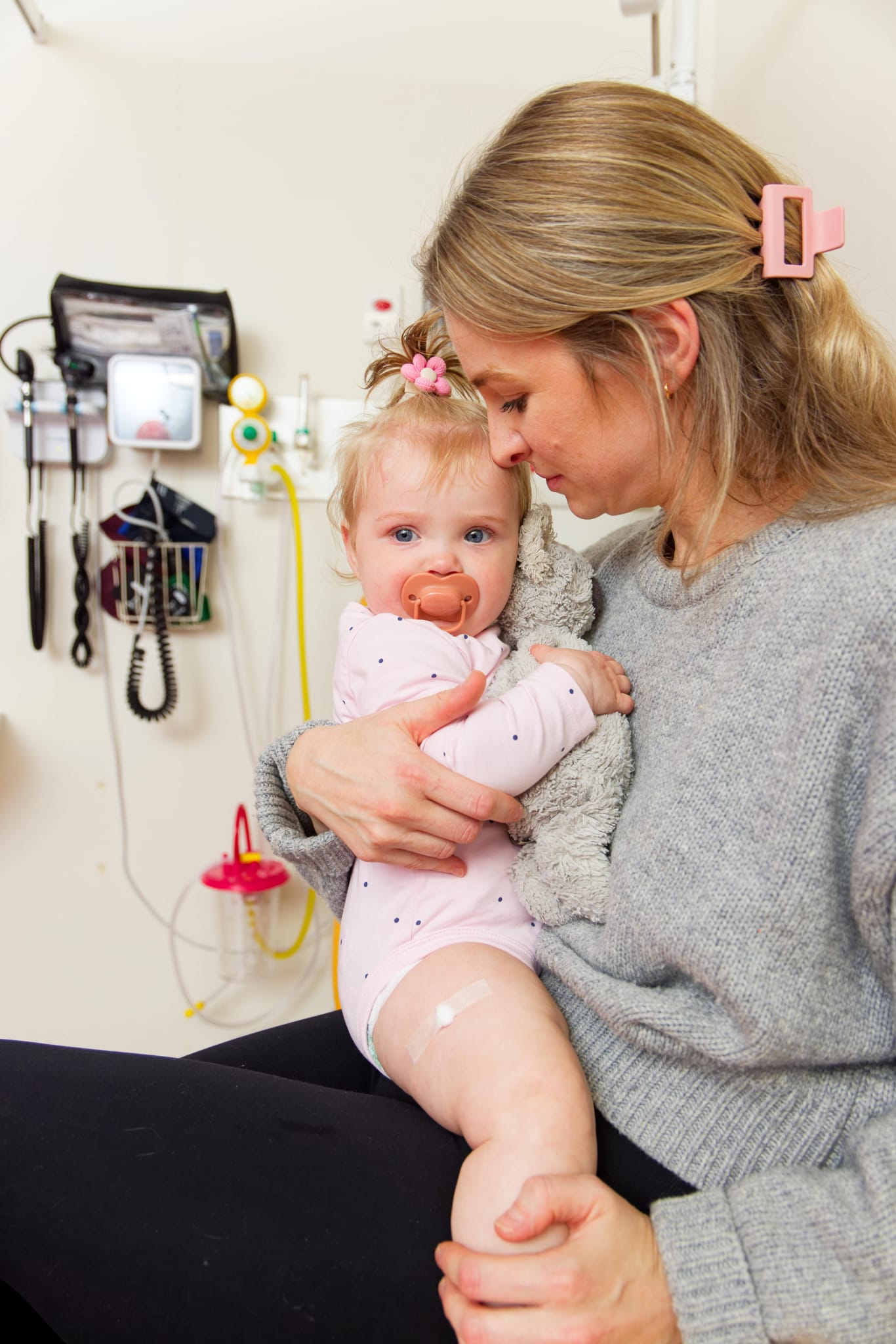
News & Events
Australia on the cusp of one-shot meningococcal protectionA life-saving meningococcal vaccine covering all five common strains of the deadly disease could soon be available thanks to vital research demonstrating the safety and effectiveness of a combination Men ABCWY vaccine.

News & Events
Setting the agenda: Urgent priorities to close the childhood cancer gap for Aboriginal and Torres Strait Islander childrenA review led by the First Nations Childhood Cancer team at The Kids Research Institute Australia has highlighted the urgent need for Indigenous-specific studies focused on cancer outcomes, survivorship and equity.

News & Events
New tool guides families on RSV immunisationResearchers from the Wesfarmers Centre of Vaccines and Infectious Diseases, based at The Kids Research Institute Australia, have launched an online guidance tool designed to help families and health-care providers in WA learn the best way to protect babies and young children against life-threatening respiratory syncytial virus (RSV).
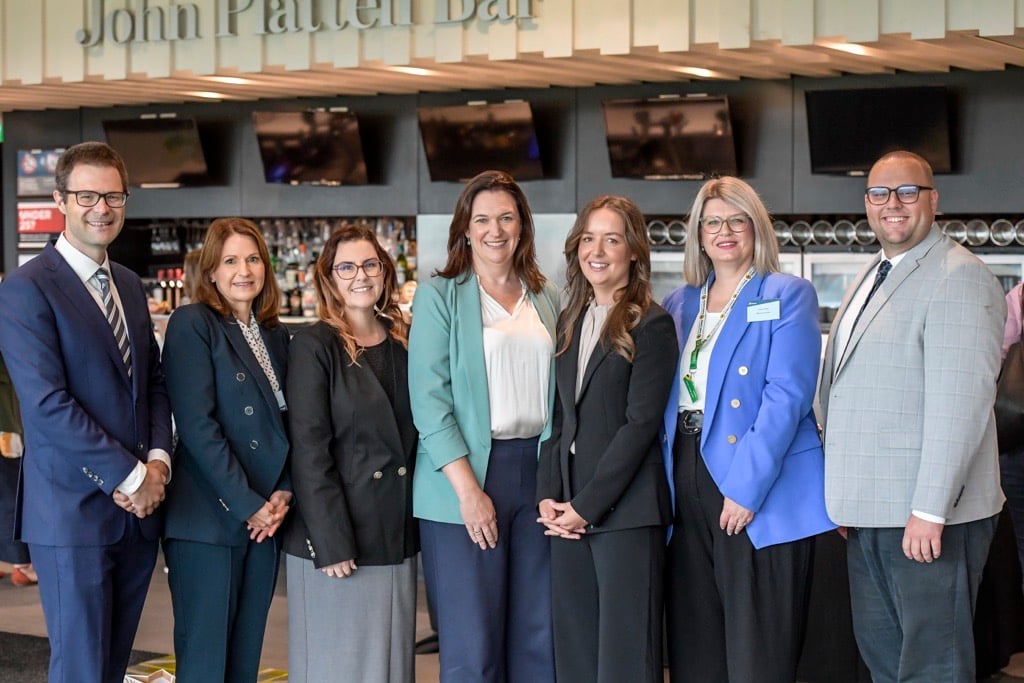
News & Events
World-first Inklings Program launches in South AustraliaSouth Australian families with babies showing early social and communication differences will be among the first to benefit from a nation-leading early support program, as The Kids Research Institute Australia’s Inklings Program officially launches in South Australia.

News & Events
Rapid diagnosis for childhood brain cancer in WAThe Kids Research Institute Australia's Brain Tumour Research team will develop and implement cutting-edge technologies to revolutionise the speed of brain cancer diagnosis for WA children, thanks to more than $200,000 from Telethon.
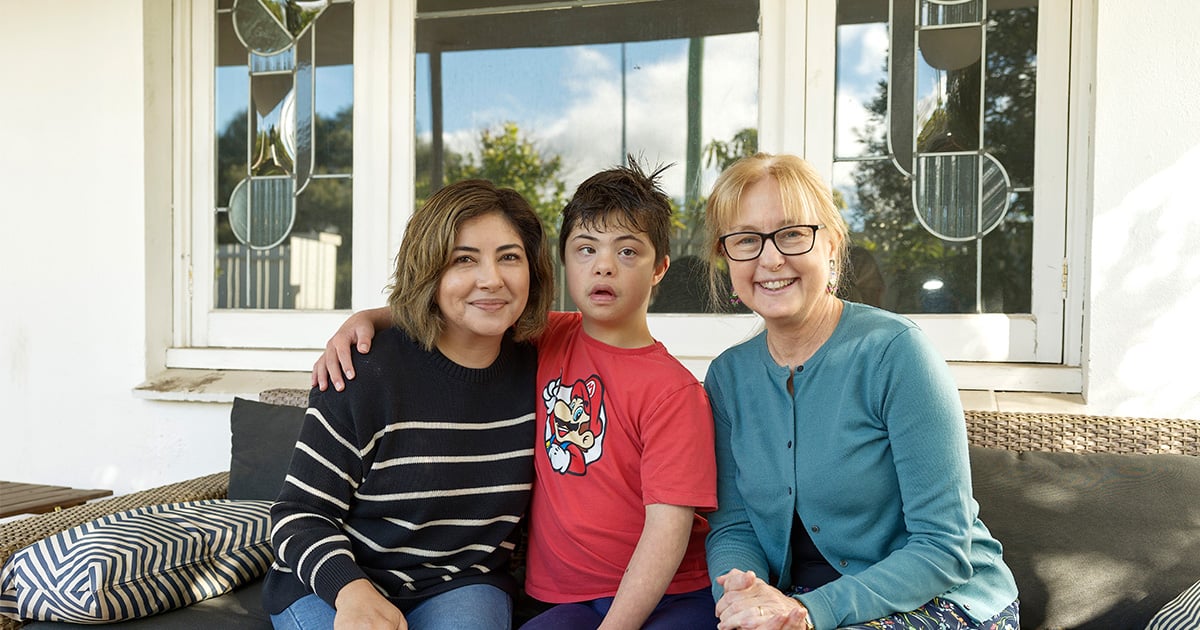
News & Events
World Down Syndrome Day: Building brighter futures through research, inclusion, and advocacyToday, on World Down Syndrome Day, we celebrate the lives, achievements, and invaluable contributions of people with Down syndrome.
